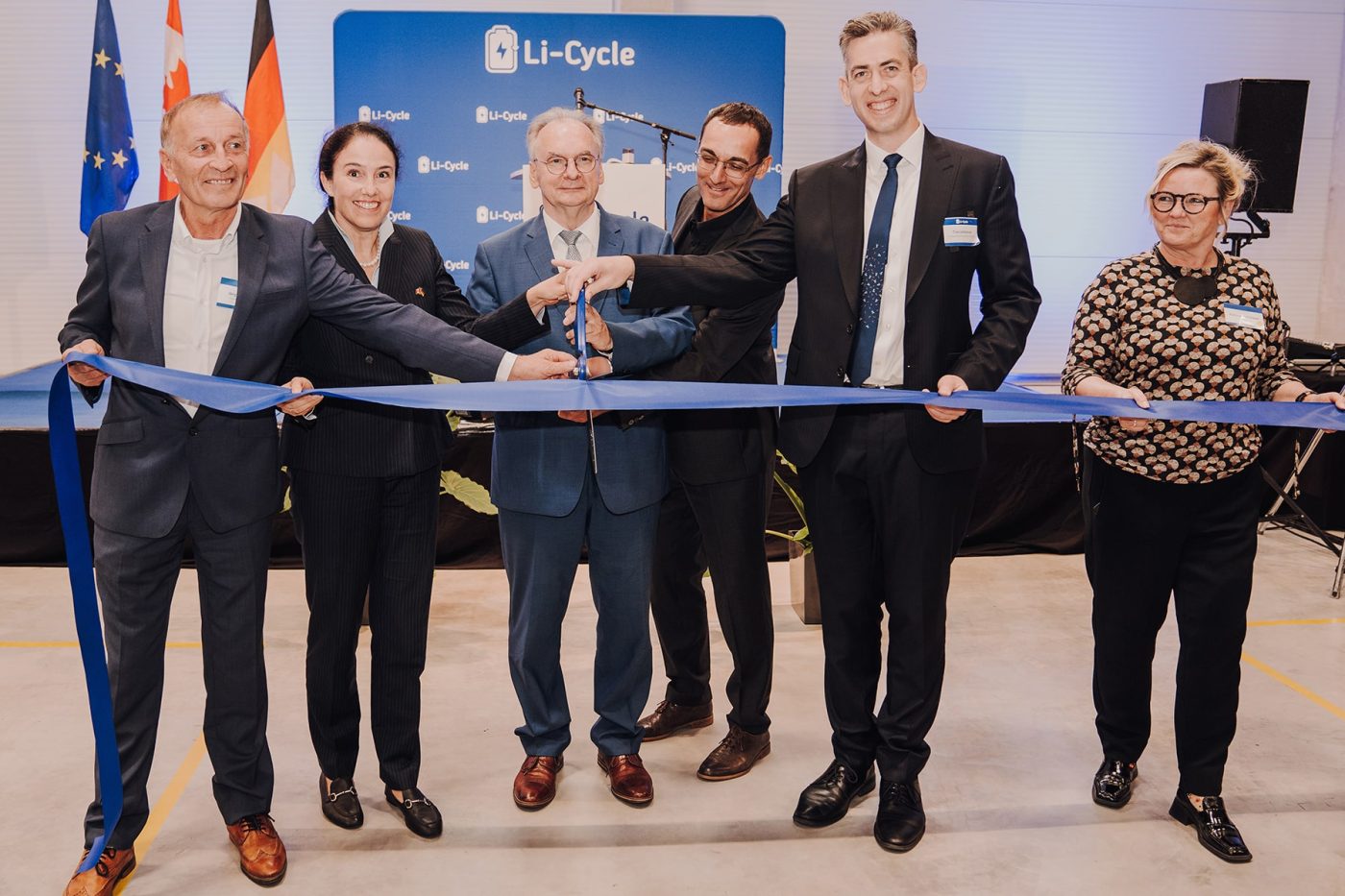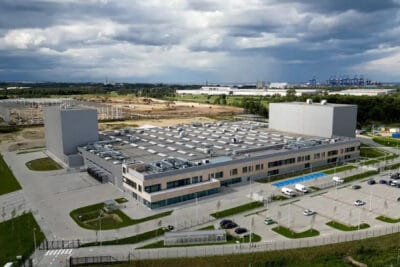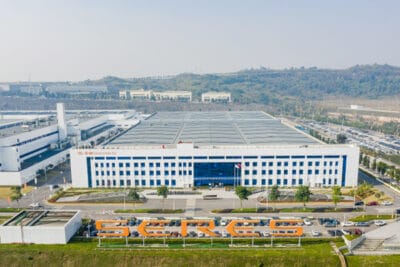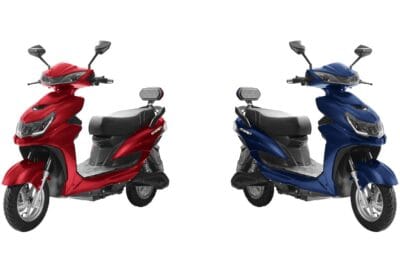Li-Cycle commissions German battery recycling plant – and announced its first partner
Li-Cycle has officially inaugurated its first European battery recycling plant in Magdeburg. The opening follows the start of trial operations of the first processing line in August. In Magdeburg, Li-Cycle uses its patented third-generation Spoke technology, which can directly process all lithium-ion battery waste, including complete battery packs from electric vehicles, without discharging, dismantling or using thermal processes.
The intermediate product is the so-called ‘black mass,’ which contains valuable battery materials such as lithium, nickel and cobalt. The processing line now opened in Magdeburg can recycle up to 10,000 tonnes of battery material annually and produce that black mass. A second main line for a further 10,000 tonnes will follow later this year. An additional 10,000 tonnes for a total capacity of 30,000 tonnes is planned at a later date.
The first industrial partner for the Magdeburg plant is Kion. The intralogistics group says its batteries are “now being recycled by strategic partner Li-Cycle in Magdeburg.” By 2030, 5,000 tonnes of lithium-ion batteries that have reached the end of their life cycle will go to Li-Cycle. According to Kion, this corresponds to around 15,000 large lithium-ion batteries, such as those used in forklift trucks.
Back to Li-Cycle: the US company is planning additional European spokes in France and Norway, aiming to reach a processing capacity of more than 100,000 tonnes of lithium-ion battery material per year worldwide. The company will process this black mass in its hub plants. Li-Cycle’s first hub plant is scheduled to start up later this year in Rochester, New York, and will be able to process up to 35,000 tonnes of black mass per year.
Li-Cycle also wants to set up a second hub in Europe. Together with Glencore, it intends to convert part of Glencore’s existing metallurgical complex on the Italian Mediterranean island of Sardinia into a new hub. Phase 1 of the Portovesme Hub is expected to begin processing black mass in the first half of 2024, enabling the production of lithium carbonate, nickel and cobalt. Li-Cycle says that the full build-out of the Portovesme Hub in phase 2 will create one of the largest sources of sustainable recycled battery materials in Europe.
In our interview with Li-Cycle founder and executive chairman Tim Johnston, he explains how the US company operates and why it chose to locate a recycling hub on an island rather than mainland Europe.
Source: Info via email (communication from Li-Cycle), kiongroup.com





0 Comments